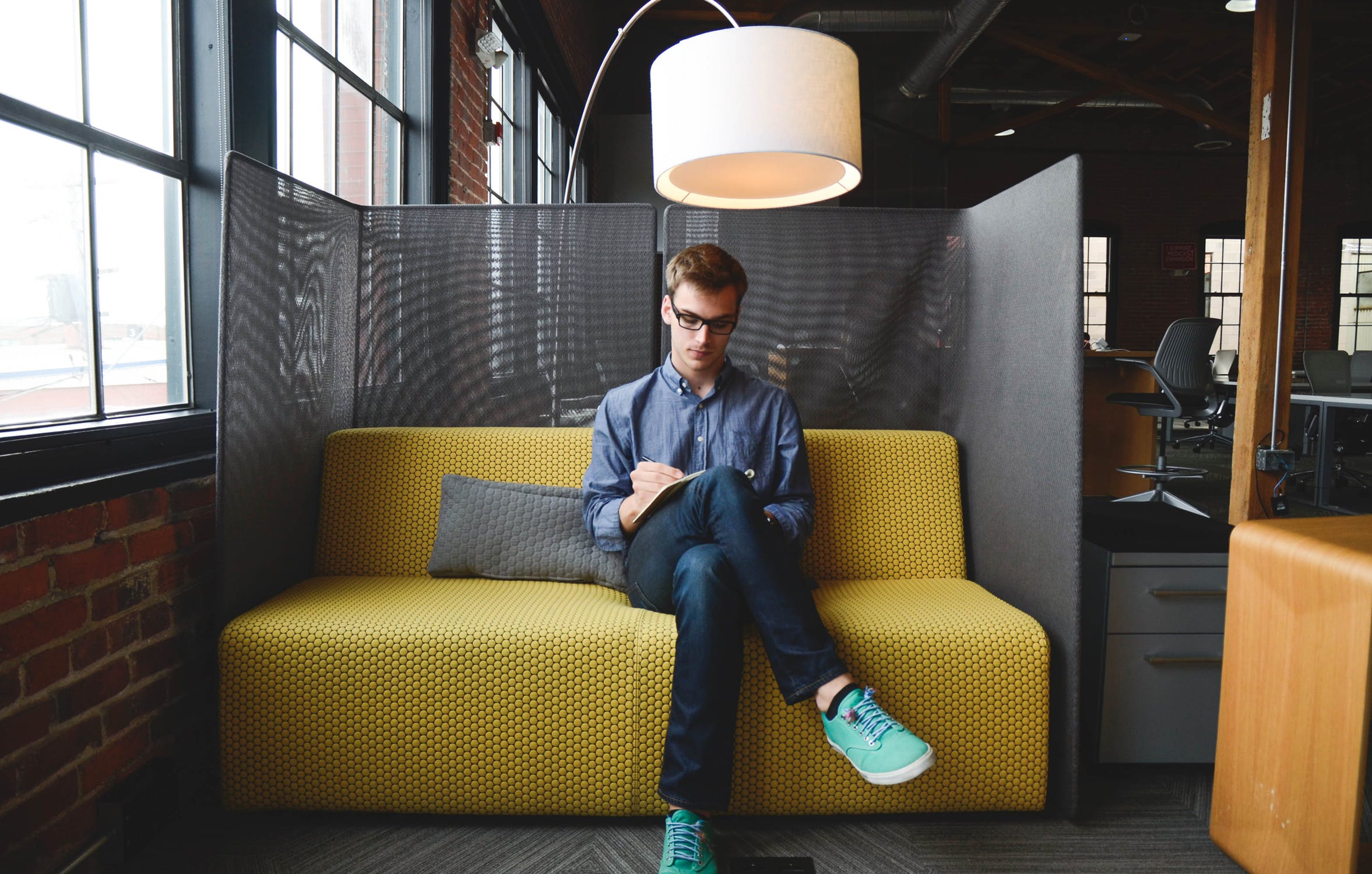Coworking is the way people work these days. Coworking now takes up 27million sq feet of office space across the US, and 19 more growth statistics that prove coworking is the new normal.
- There are currently 14,411 coworking spaces in the world today.
- The number of coworking members will rise to 3.8 million by 2020 and 5.1 million by 2022.
- These statistics, and more like them, prove that flexible workspace has become the workplace of choice.
Like most, I used to have an office with a door with stuff hanging on the wall. Most of the time, I didn't speak to a soul working in the same building .
Now, in my encore/portfolio career, I work in multiple coworking spaces as part of the sick care gig economy, meet people in coffee shops and attend a lot of networking events. In some instances, I've used coworking spaces throughout the US and around the world as part of an international network for digital nomads.
Co-working is about Co-operating so where and how you work will make a difference. Here's why. It could also result in cohabitating.
If you are a sick care entrepreneur looking for coworking space, here are some things to put on your check list:
- The usual value factors like price, location, convenience and amenities.
- The culture of the place. In fact, many who work in coworking spaces just ignore each other.
- Your objective. Open spaces don't improve productivity or increase creativity. In fact, for many, they are a distraction.
- Who else is there. Sick care cannot be fixed from inside so hanging out with people who look, taste and sound just like you often does not help. Yes, happy accidents and synergies occur anywhere, but you are better off meeting people who have a different view of things. The other day I met a software engineer working on 5G at at "techie" space. His product will have more of an impact on digital health than 90% of companies in sick care accelerators, incubators, integrators or whateverators.
- Trade out opportunities. Depending on your role, they might give you a deal to trade out services, programs or promotional opportunities in exchange for space.
- Hours and 24 hr access. These days, many sick care and biotech companies are born global requiring working in virtual international teams. Early to bed...
- Food. What kind and free? For any medical student or resident, probably the most important factor.
- Partnerships. How about discounts for parking at the airport, coupons and other bartering opportunities.
- The view. Want to meet on the rooftop deck in the summer for FAC?
- Free parking. Every ex-faculty member's dream.
Innovation districts are the new suburbs. However, like clusters that preceded them, innovation districts have growing pains. More people than ever are renting in these areas even though they can afford to buy a house. They want to work, live and play around the action and have the ability to move when the action is somewhere else or their startup fails or they get fired.
And, they love the free parking and beer at work.
Arlen Meyers, MD, MBA is the President and CEO of the Society of Physician Entrepreneurs



Leave your comments
Post comment as a guest